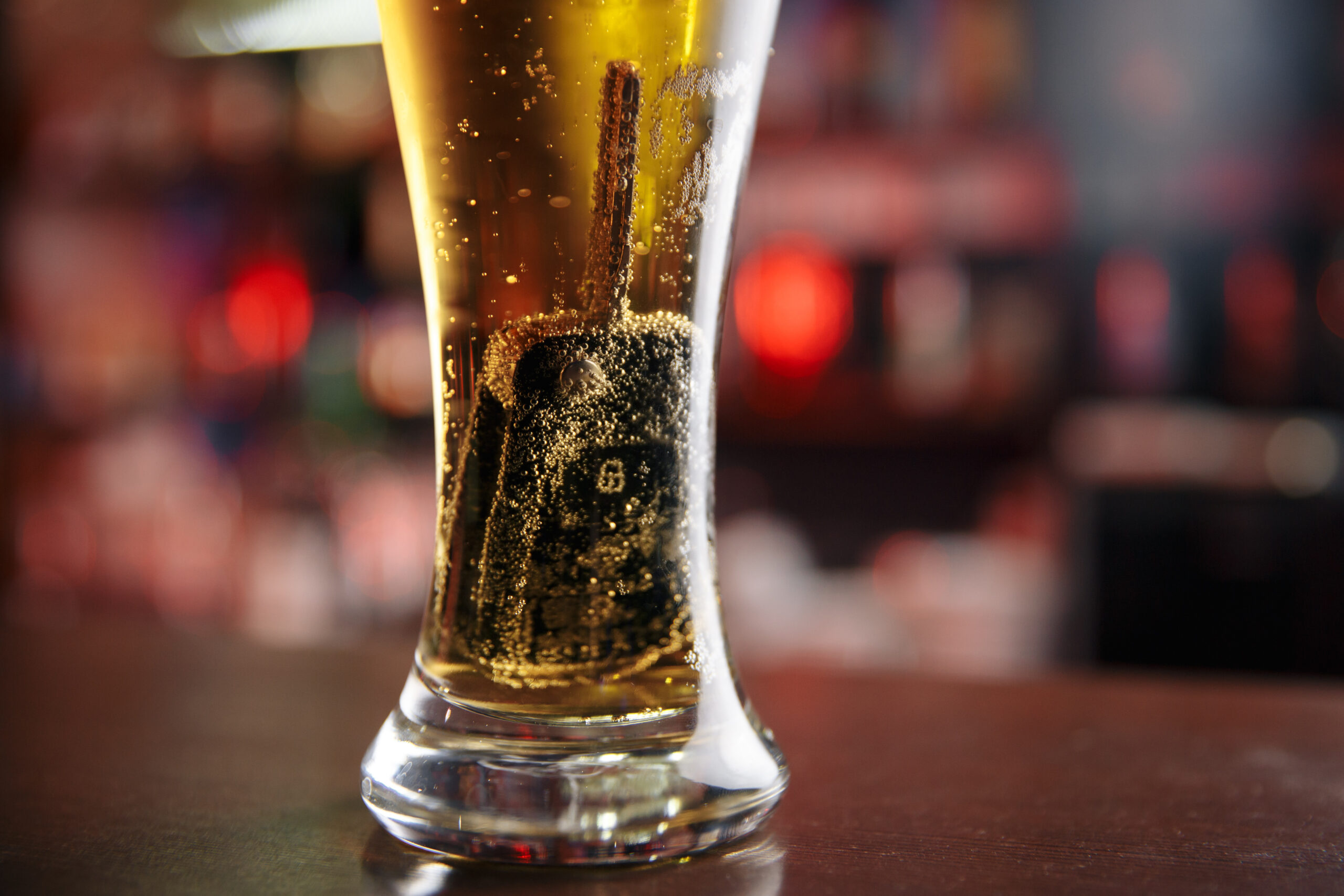On July 6, 2014, a tragic accident occurred when a 26-year-old woman, driving under the influence, crashed into a police car driven by Dillon Police Officer Jacob Richardson. A passenger in the drunk driver’s car lost their life, and Officer Richardson suffered severe, permanent brain damage.
The driver was prosecuted for the incident, but the city of Dillon had to cover over $1 million in medical costs for Officer Richardson—not because the city was at fault, but because the driver couldn’t afford to pay, and the bar that served her didn’t have insurance.
the bar that served her didn’t have insurance.
In some ways, Officer Richardson was fortunate. Most victims of drunk driving aren’t officers with an employer to shoulder their medical bills when the at-fault driver and the establishment that served them alcohol are unable to cover their legal obligations. For many, such a situation could lead to financial ruin, with families forced into medical debt or even losing their homes.
This isn’t just an isolated tale—it’s a very real example of why South Carolina passed legislation requiring businesses that serve alcohol at night to carry at least $1 million in alcohol liability insurance.
However, groups like SC Venue Crisis share this story from a different perspective, claiming that such laws are forcing bars out of business. While the legislation is meant to ensure that establishments contribute to the costs when their actions lead to injury or death, bar owners argue that skyrocketing insurance premiums are making it difficult to maintain the required policies, even if they’ve never been sued.
Interestingly, the pushback isn’t just about the $1 million insurance requirement. As noted by Parker Milner and Nick Reynolds of The Post and Courier, the bars are also frustrated by South Carolina’s joint and several liability laws. This rule can make them responsible for paying more than their share of damages if other parties, such as the drunk driver, can’t pay their portion. Typically, this only applies when a party is more than 50% responsible. However, there’s an exception for cases involving “willful, wanton, reckless, grossly negligent, or intentional conduct,” especially when alcohol or illegal drugs are involved.
In simpler terms, even if a bar’s role in an accident is minimal, they could be forced to cover the majority of the damages. This is because South Carolina, which consistently ranks among the highest states in DUI fatalities, takes a hard stance on deterring reckless behavior—especially when alcohol is involved.
So, is there a better way to handle the problem of bars contributing to drunk driving, as well as the root issue of drunk driving itself? Absolutely.
One option could be to encourage insurance companies to lower premiums for bars that enforce responsible serving practices, such as requiring server training programs and maintaining a clean safety record. Even better, the state could mandate such training, which would ideally reduce overserving and, in turn, lower insurance risks.
Another strategy might be for regulators or law enforcement to closely monitor bars to catch and prevent overserving in real-time. (Fun fact: The South Carolina Constitution technically only permits businesses that primarily serve food or provide lodging to sell liquor for on-site consumption, meaning some of these bars shouldn’t even be operating in the state.)
We could also hold bars and owners criminally accountable if their patrons go on to cause severe injury or death. This might further reduce liability and motivate businesses to act responsibly. Additionally, closing loopholes in DUI laws could help ensure more drunk drivers are caught and prosecuted before they cause harm.
No one wants to see responsible businesses close, but it’s equally important not to allow irresponsible ones to remain open. The ultimate goal is to protect innocent people from drunk drivers, and the only way to do that is through tougher drunk driving laws, better enforcement, and stronger incentives for bars to prevent overserving. Rolling back these incentives would be a step in the wrong direction.
Click here to read the original article.
